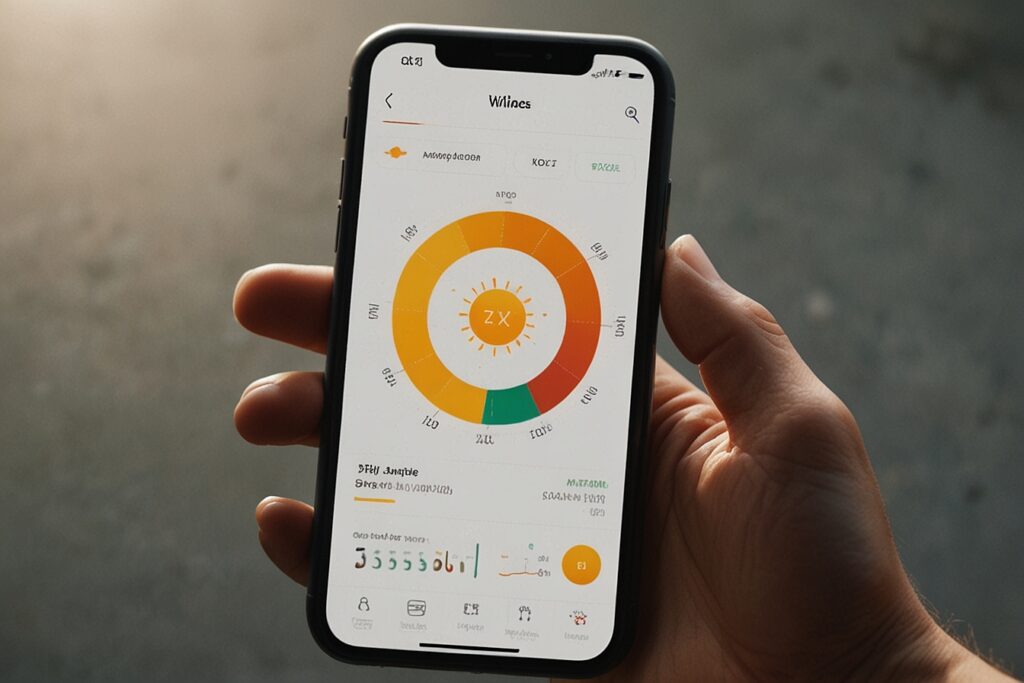
TL;DR
- Jack Dorsey has launched a new app called Sun Day, focused on helping users track UV exposure and Vitamin D levels.
- The app is available via TestFlight on iOS and is open source on GitHub.
- Sun Day calculates safe sun exposure times based on UV index, skin type, clothing, and weather conditions.
- It estimates the Vitamin D produced during a session and displays daily totals.
- The project reflects Dorsey’s growing involvement in vibe-coded, minimal open-source utilities using the Goose programming tool.
- Sun Day follows his recent Bluetooth-based messaging app, Bitchat.
Sun Day: A Simpler Way to Understand Sunlight
Twitter co-founder and Block CEO Jack Dorsey is back in developer mode, releasing another experimental app aimed at improving personal wellness and digital independence. After launching Bitchat, a mesh-network messaging app, Dorsey unveiled Sun Day—a lightweight iOS app that helps users monitor UV radiation and Vitamin D intake.
The app is available for early access via Apple’s TestFlight program and open-sourced on GitHub for developers to clone or fork.
“I built this to better understand the relationship between sun exposure and health,” Dorsey said in a Mastodon post.
How Sun Day Works
Sun Day is intentionally simple in its design and function. The app provides real-time data such as:
- UV Index at the user’s current location
- Cloud cover percentage
- Sunrise and sunset times
- A dropdown for selecting skin type (Fitzpatrick scale 1–6)
- Clothing input to factor sun exposure
After selecting those parameters, users can start a sun session using a “Track UV Exposure” button. The app then monitors UV levels over time, calculates when your skin may start to burn, and gives an estimate of Vitamin D synthesis for that session and across the day.
Sun Day App Features
| Feature | Functionality |
| UV Index Tracking | Based on GPS and current location |
| Skin Type Customization | Fitzpatrick Types I–VI |
| Clothing Sensitivity Option | Impacts exposure estimate |
| Cloud Cover Integration | Adjusts UV burn risk |
| Vitamin D Estimation | Calculates IU produced based on exposure time |
| Open Source Availability | Hosted on GitHub |
Built With Goose, Not Claude
Unlike developers adopting popular AI coding tools like Claude, Cursor, or Windsurf, Dorsey opted for Goose, an open-source minimalist code environment. This move aligns with Dorsey’s anti-hype ethos and his broader support for decentralized, privacy-first tools.
Goose has gained a cult following among indie developers who value lean, manual workflows and version control transparency—in stark contrast to cloud-based, AI-generated coding suggestions.
The Wellness Use Case: From Blue Sky to Blue Light
The Sun Day app reflects a growing trend in digital wellness: understanding the impact of natural light exposure on mental and physical health. As users spend increasing hours under artificial lighting and screens, apps like Sun Day provide a scientific yet personal lens to reconnect with environmental cues like circadian rhythms and Vitamin D levels.
“The idea isn’t to gamify sunbathing, but to make UV exposure more quantifiable,” noted TechCrunch’s Ivan Mehta, who first reported the app’s release.
From Bitchat to Sun Day: A Pattern Emerges
Sun Day is Dorsey’s second minimalist app release in July 2025. Earlier this month, he launched Bitchat, a Bluetooth mesh messaging tool that lets users communicate without Wi-Fi or cellular service.
Both apps follow a pattern:
- Open source first
- Minimalist UI/UX
- Rooted in digital sovereignty
- No user accounts, ads, or tracking
These projects suggest a new developer philosophy for Dorsey—small, purposeful tools for modern problems, divorced from the noise of platform monetization or virality metrics.
Open Questions and Limitations
While Sun Day is promising in scope, it’s still in beta and has several limitations:
- Vitamin D estimations are approximate and not medically certified.
- App requires manual input for clothing and skin type.
- Does not integrate with health data platforms like Apple HealthKit (yet).
- Android version not announced.
Still, early adopters see promise in the tool’s educational value and the potential for habit-building insights regarding sun exposure.
Developer Community Reacts
On GitHub, early contributors and reviewers praised Sun Day for being “refreshingly simple” and “privacy-conscious by design.” Some developers have already forked the app to add features like:
- Push alerts for optimal sun hours
- Integration with wearable UV sensors
- Real-time Vitamin D tracking based on local weather APIs
As with Dorsey’s other open-source projects, Sun Day is intended to evolve with community input rather than follow a centralized development roadmap.






